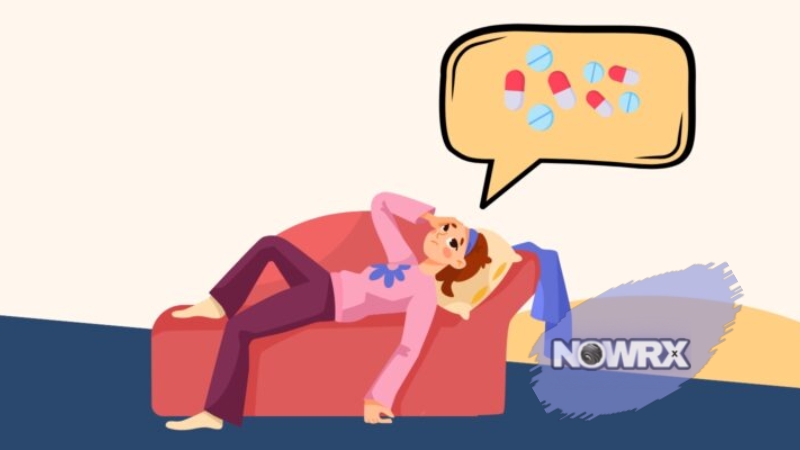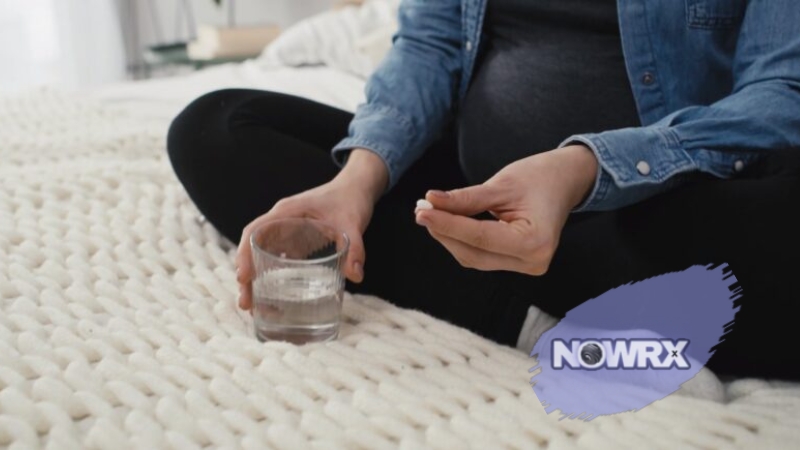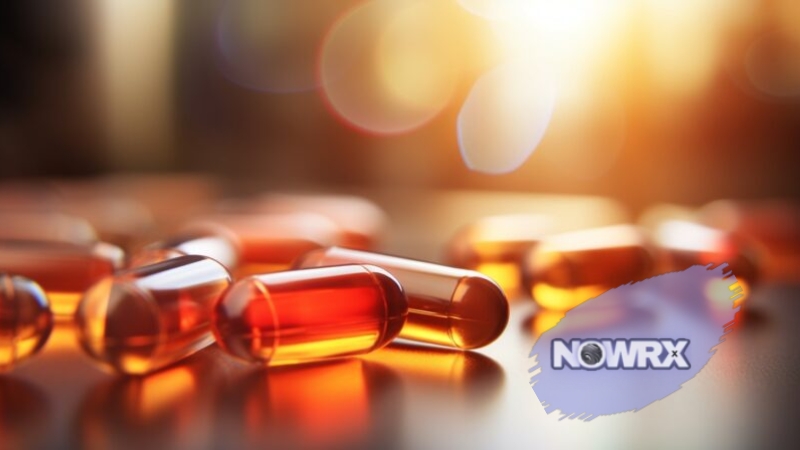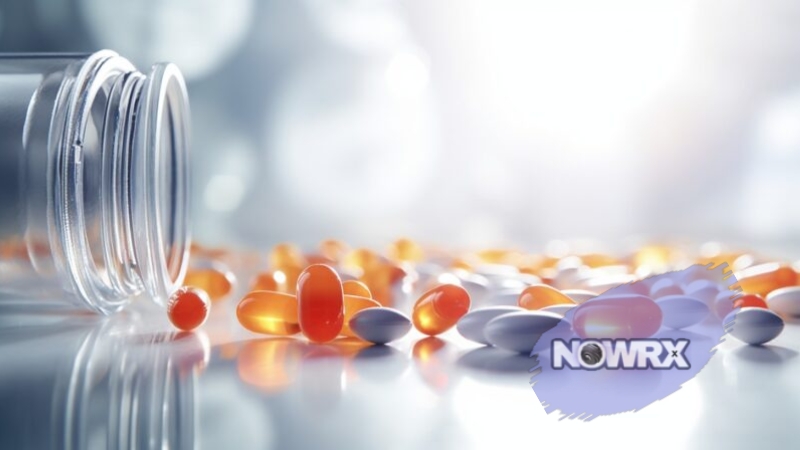Antibiotics are the most important agents for fighting against bacterial infections. It is almost a certainty that at some point your doctor will prescribe you an antibiotic to help treat a bacterial infection.
However, while antibiotics are powerful tools to rid your body of infection, they can come with side effects that are critical to be aware of. Furthermore, these side effects can be tricky to decipher because sometimes they appear similar to the symptoms of the infection they are intended to treat.
For example, in rare circumstances, fatigue, lethargy, or extreme tiredness can be caused by antibiotic use. Let’s take a look at the most likely antibiotics that make you tired and how to combat fatigue from antibiotics.

Do Antibiotics Make You Tired?
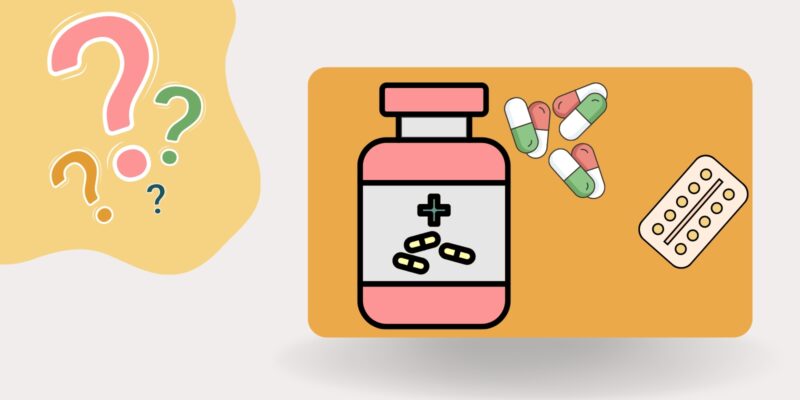
We have found many sources where experts claim they can sometimes cause side effects, including making you feel tired or weak. Fatigue is less common compared to other side effects like bloating, nausea, and diarrhea.
Dr. Irmanie Hemphil explains that antibiotics amoxicillin, azithromycin, and ciprofloxacin are specifically mentioned as potentially causing tiredness. If you’re feeling unusually sleepy or weak while taking antibiotics, it’s important to talk to your doctor about it.
They may be able to switch you to a different medication that doesn’t make you feel as tired, as she further explains in her article on KHealth.
Why do they make you tired?
And while we now can be sure about the side-effect, it is also important to understand why it is happening.
Delaney Nothaft researched this topic and explains in her article on USA Today that taking antibiotics can make you feel tired because your body is using a lot of energy to fight off an infection. This fatigue is more about the battle happening inside your body against the germs rather than the medicine itself.
Antibiotics that Can Cause Fatigue
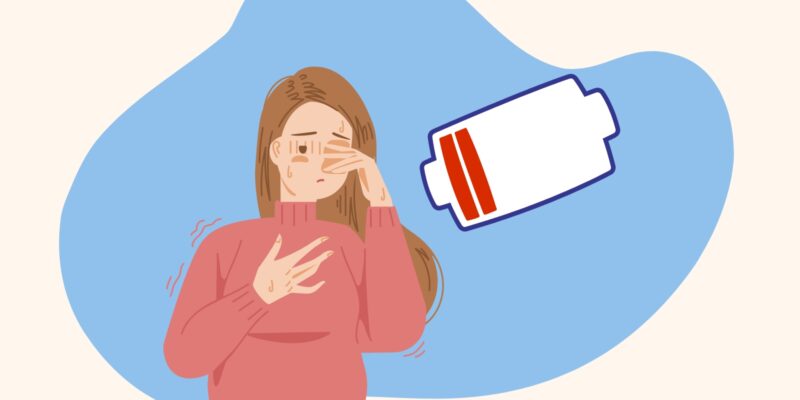
Fatigue or unusual tiredness is a potential side effect of a few types of antibiotics. A case study shared by Dr James A. Dickinson gives us more details. So, these are more likely to cause this side-effect:
- Amoxicillin
- Azithromycin
- Ciprofloxacin
- Vancomycin
- Itraconazole
*If you have an infection that your doctor prescribes antibiotics for, it’s important to follow the recommended treatment protocol to rid yourself of the infection. That said, always bring up any questions or concerns about a particular medication with your doctor before taking it.
You can also ask your pharmacist questions about the antibiotics you are prescribed; pharmacists are experts in medication and can guide how to take it, what side effects are normal or not, and potential alternatives to discuss with your care provider.
How To Combat Fatigue?
It depends on the severity of the condition you are facing. There are some ways to prevent or at least decrease it. According to Dr.Alexa, these are the best solutions:
Add Probiotics and Prebiotics to Your Diet
- Probiotics are live bacteria that help reduce diarrhea caused by antibiotics. They also support gut health. Examples include yogurt and kefir.
- Prebiotics feed the good bacteria in your gut. Foods like garlic, onions, and bananas are good sources.
- Take probiotics and prebiotics at different times. A gap of 3 to 4 hours is advisable.
Eat Foods Rich in Vitamin K
- Antibiotics may lower Vitamin K levels, which is crucial for blood clotting.
- Include Vitamin K-rich foods in your meals. Parsley, spinach, mustard greens, and Brussels sprouts are excellent choices.
Fatigue related to antibiotic use usually resolves soon after completing the course. However, if it persists, consult a healthcare provider.FAQ
Drake Holloway, 45, is a pharmacist and freelance blog writer for NowRx.com. He uses his professional background to provide information and opinions on diverse subjects to those seeking guidance.
Related Posts:
- Effective Ways to Remove Whiteheads on Face - Check…
- Can You Drink Alcohol While Taking Antibiotics? 3…
- Top 6 Signs To Look For If You Think That You Are…
- Taking Vitamins While Fasting - What You Need to Know
- Losartan Side Effects, Uses – What You Need to Know
- How To Refill A Prescription – What You Need To Know

